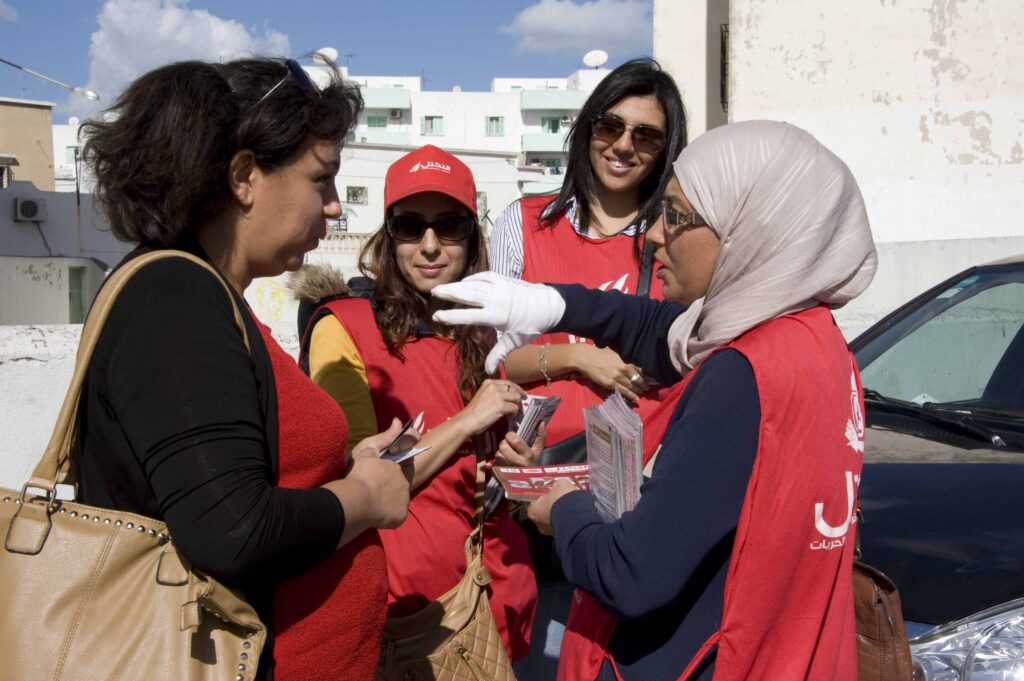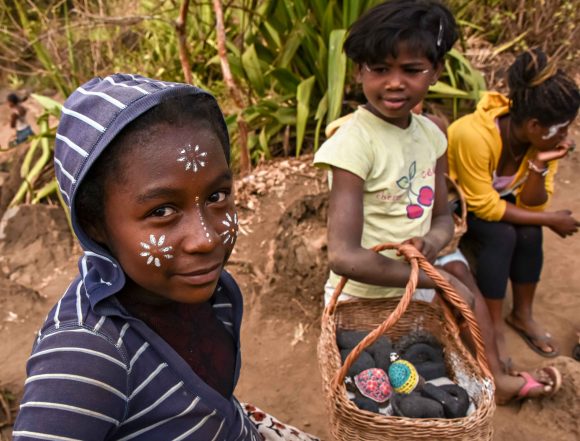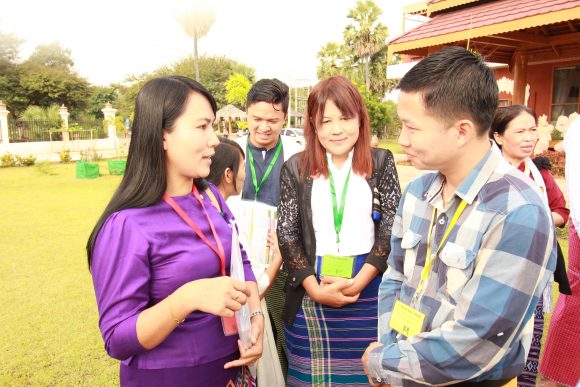Politics can fix the broken aid system, but needs fixing first

By Simone Filippini and Anthony Smith*
On 16 July, fifteen leading economists argued in The Guardian that the ‘aid effectiveness’ craze is failing to tackle the root causes of poverty. They argue that randomized control trials, log frames, and tick-box results frameworks miss the issues that really need to be tackled, the issues that would contribute to real change and that too often we try to apply Band-Aid to a gaping wound.
We could not agree more! If we don’t make a change, and start to tackle the root causes, we will never achieve the ambitious global agenda for development, namely Agenda 2030. Now that the international community has set the bar, we need to follow through with concrete actions, which go right to the roots of inequality, conflict and instability around the world.

Tackling the root causes means starting with effective politics. In most of the countries which lag behind in progress on the Sustainable Development Goals, the political system does not function properly. Too often, instead of solving problems, the political system is the problem. In some cases, it is a question of leaders who refuse to give up power and the benefits that come with it, including access to valuable economic resources. A consistent feature of many leaders is that they use their position for personal gain. Indeed, few leaders in countries that rank low on indices such as the Human Development Index end up short of money.
It can also be a question of basic democratic institutions such as parliaments not functioning properly – protecting the executive instead of challenging it; rubber-stamping legislation instead of scrutinizing it; worsening social divisions instead of healing them.
Building schools, hospitals, and roads is tremendously important, but if we do not tackle the political dimension, none of these efforts will lead to sustainable change.
So, why don’t we focus on fixing politics instead of ignoring it? Is holding leaders accountable and pushing them to perform on their promises, considered too sensitive or risky politically? Perhaps, the international community and donors feel more comfortable funding more technical support, and don’t want to play with fire.

So, if we ever want to overcome global poverty, conflict and inequality we need to be bold. If we want to boost investments and economic growth, we need to demand accountability from political leaders. We must help build systems of accountability that citizens can have confidence in. We need to demand representative political parties and parliaments, and help all citizens, whatever their gender or race or whether or not they are disabled, to play an active part in politics and to be properly represented. And we need to demand equal justice, with courts that apply the law fairly to all. By doing so, we foster an enabling environment for peace, stability, socioeconomic growth and opportunities for all.
This transformation won’t be easy, though. Issues like an undemocratic political culture, personalized leadership, gender discrimination or clientelism are deeply rooted in society and need to be addressed in a proactive and sustained manner. We must make sure that political institutions operate effectively, and politicians act responsibly with people’s interest at heart. That means investing in the skills and values of those politicians.
If we really want to ensure that no one is left behind in 2030, the development partners and donors have to be honest and daring. We must acknowledge the intrinsic link between success on the development agendas and politics. Politics can fix the broken aid system but needs fixing first!
*Simone is NIMD’s Executive Director. She is a former Dutch Ambassador and former CEO of Dutch humanitarian and development organization, Cordaid. Tweet @SimoneFilippini
Anthony is the Chief Executive of Westminster Foundation for Democracy (WFD), the UK public body dedicated to supporting democracy around the world.He is a member of the UK Foreign Secretary’s Advisory Board on Human Rights and of the Board of the European Partnership for Democracy. He was previously Director of International Relations at DFID. Tweet @adr_smith
